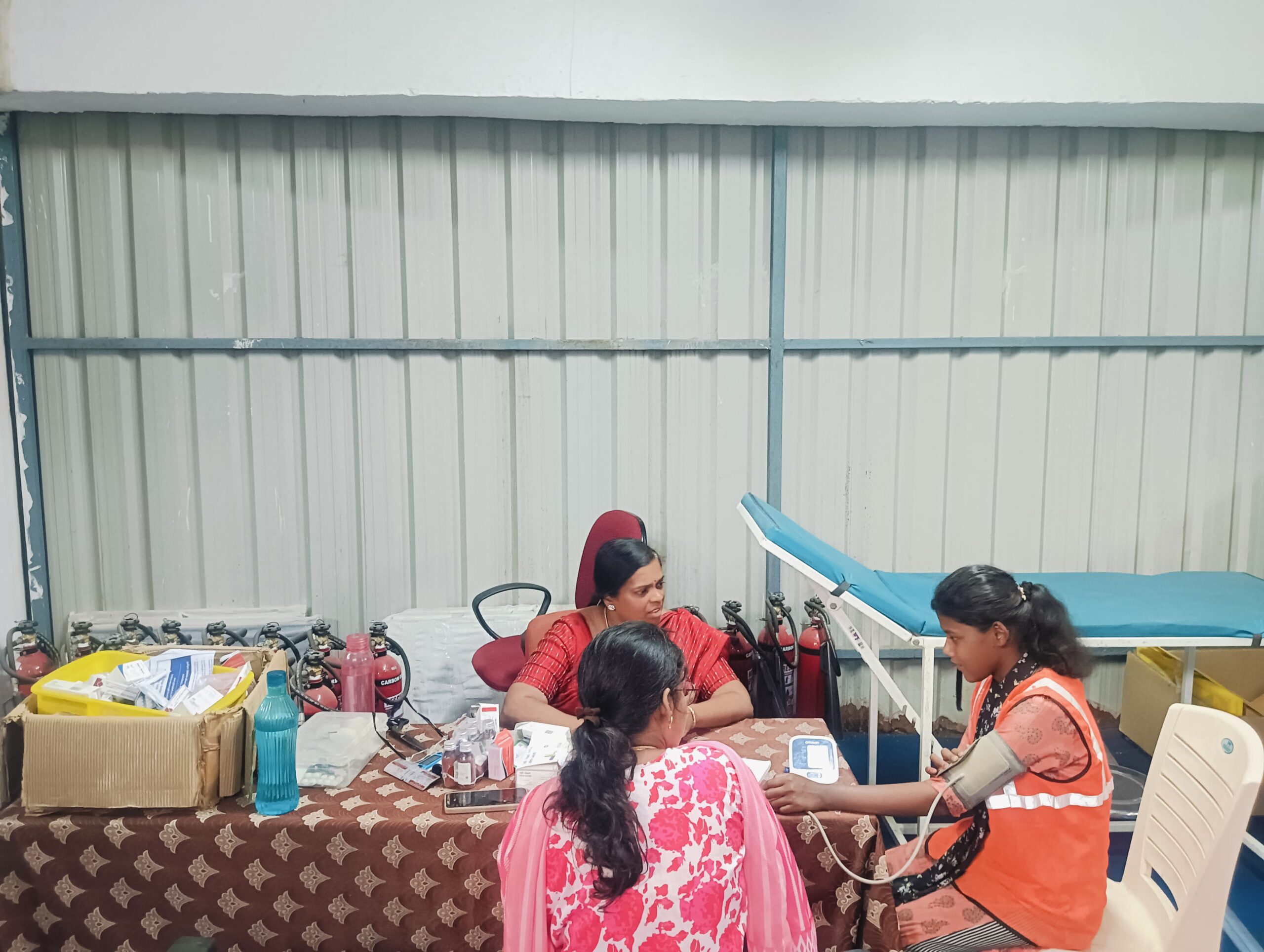Trending Now
- Alliance talks between AIADMK and BJP are ongoing. An announcement will be made at the right time – Union Home Minister Amit Shah.
- Vijay spoke about TVK vs. AIADMK only to motivate party workers – AIADMK General Secretary Edappadi K. Palaniswami.
- South Indian audiences are not interested in Hindi films, which is why they don’t succeed – Salman Khan.
- KL Rahul joins Delhi Capitals; the team will face Hyderabad tomorrow.
Coimbatore
“Sleep is the golden chain that ties health and our body together”
![]() March 14, 2025
March 14, 2025
World Sleep Day is an annual event dedicated to raising awareness about the importance of sleep and promoting healthier sleep habits. It is organized by the World Sleep Society and celebrated in the March each year. This day serves as a reminder that sleep is not just a luxury, but a necessity for our physical and mental well-being. This year’s theme is. “ Make Sleep Health a Priority”
Why Is Sleep Important?
Sleep is essential for many critical functions in the body. During sleep, our bodies repair muscles, consolidate memories, regulate hormones, and boost the immune system. Inadequate or poor-quality sleep has been linked to a wide range of health problems, including:
• Heart disease
• Diabetes
• Obesity
• Weakened immune function
• Depression and anxiety
• Impaired cognitive abilities
• Decreased productivity and focus
A good night’s sleep is not just about the quantity but also the quality. Both duration and depth of sleep matter. Sleep deprivation or fragmented sleep can lead to poor physical and mental health.
Common Sleep Disorders
Understanding sleep disorders is essential in realizing the significance of World Sleep Day. Some of the most common issues affecting sleep include:
• Insomnia – Difficulty falling asleep or staying asleep.
• Sleep Apnea – Breathing interruptions during sleep, which can be dangerous if left untreated.
• Restless Legs Syndrome – A neurological condition that causes discomfort in the legs and disrupts sleep.
• Narcolepsy – A disorder that affects the brain’s ability to regulate sleep-wake cycles.
These sleep disorders, if untreated, can significantly impact the quality of life, increasing the risk of chronic illnesses.
Tips for Better Sleep
To mark World Sleep Day, here are some practical tips to improve sleep quality:
1. Stick to a regular sleep schedule – Try to go to bed and wake up at the same time every day, even on weekends.
2. Create a relaxing bedtime routine – Wind down by reading, meditating, or taking a warm bath before bed.
3. Limit screen time before bed – The blue light emitted by phones, tablets, and computers can interfere with your body’s natural sleep-wake cycle.
4. Create a comfortable sleep environment – Ensure your bedroom is cool, dark, and quiet. A comfortable mattress and pillows also make a difference.
5. Watch what you eat and drink – Avoid heavy meals, caffeine, and alcohol close to bedtime, as these can disrupt sleep.
6. Exercise regularly – Regular physical activity can help you fall asleep faster and enjoy deeper sleep, but avoid vigorous exercise close to bedtime.
Conclusion
On World Sleep Day, it’s essential to recognize that sleep is not just about rest—it’s about rejuvenation and overall health. Prioritizing sleep, understanding the risks of sleep deprivation, and promoting healthy sleep habits can help you live a longer, healthier, and more productive life.
As we celebrate this day, let’s pledge to take better care of our sleep for a healthier tomorrow!























